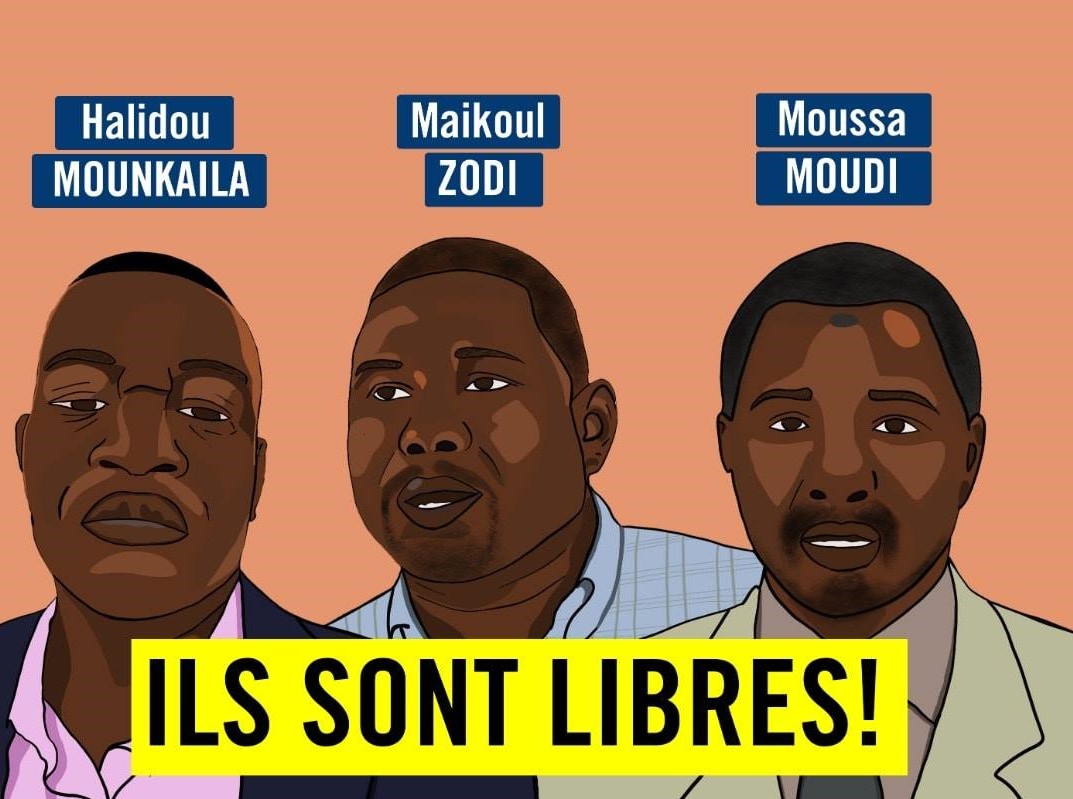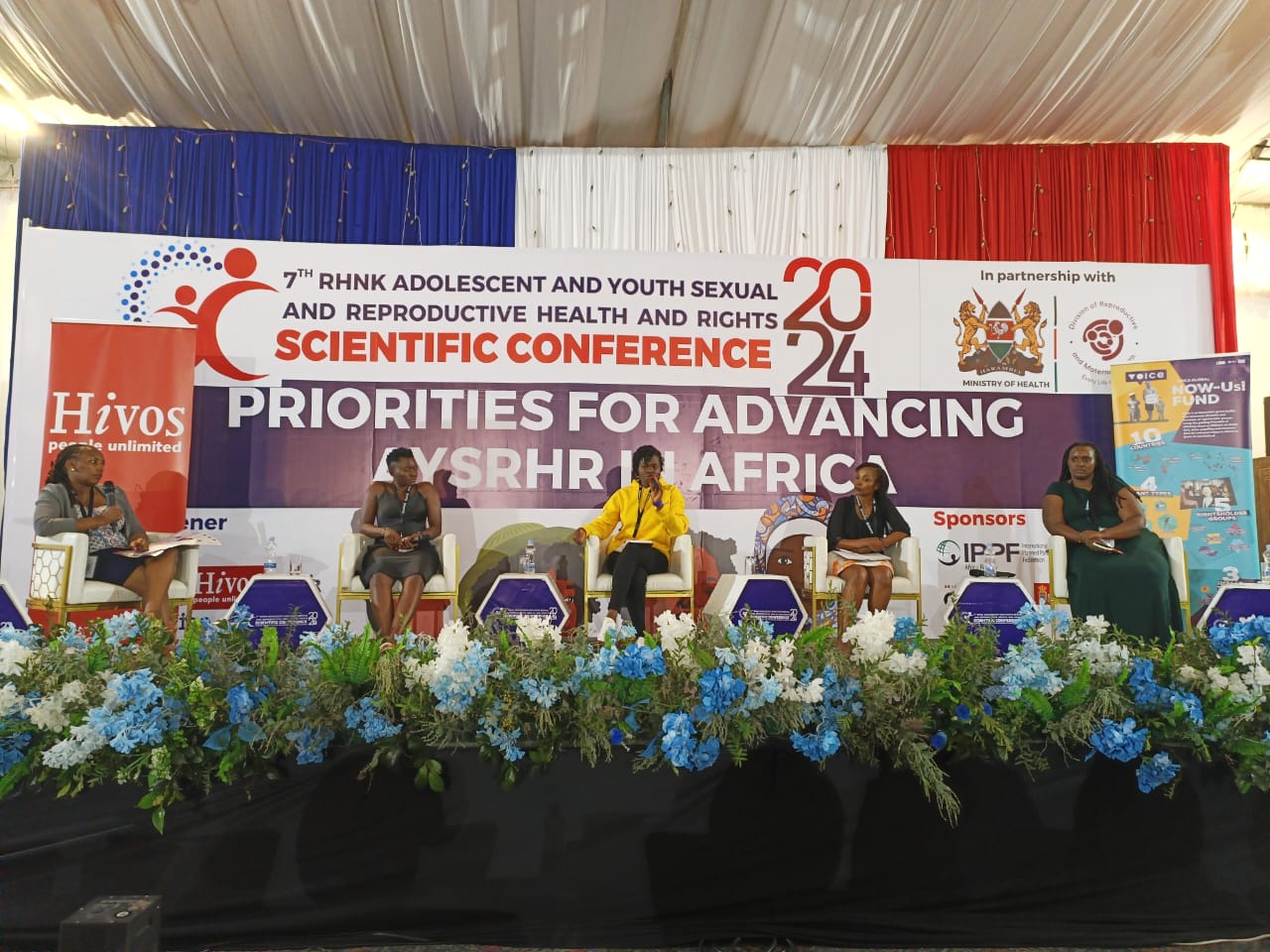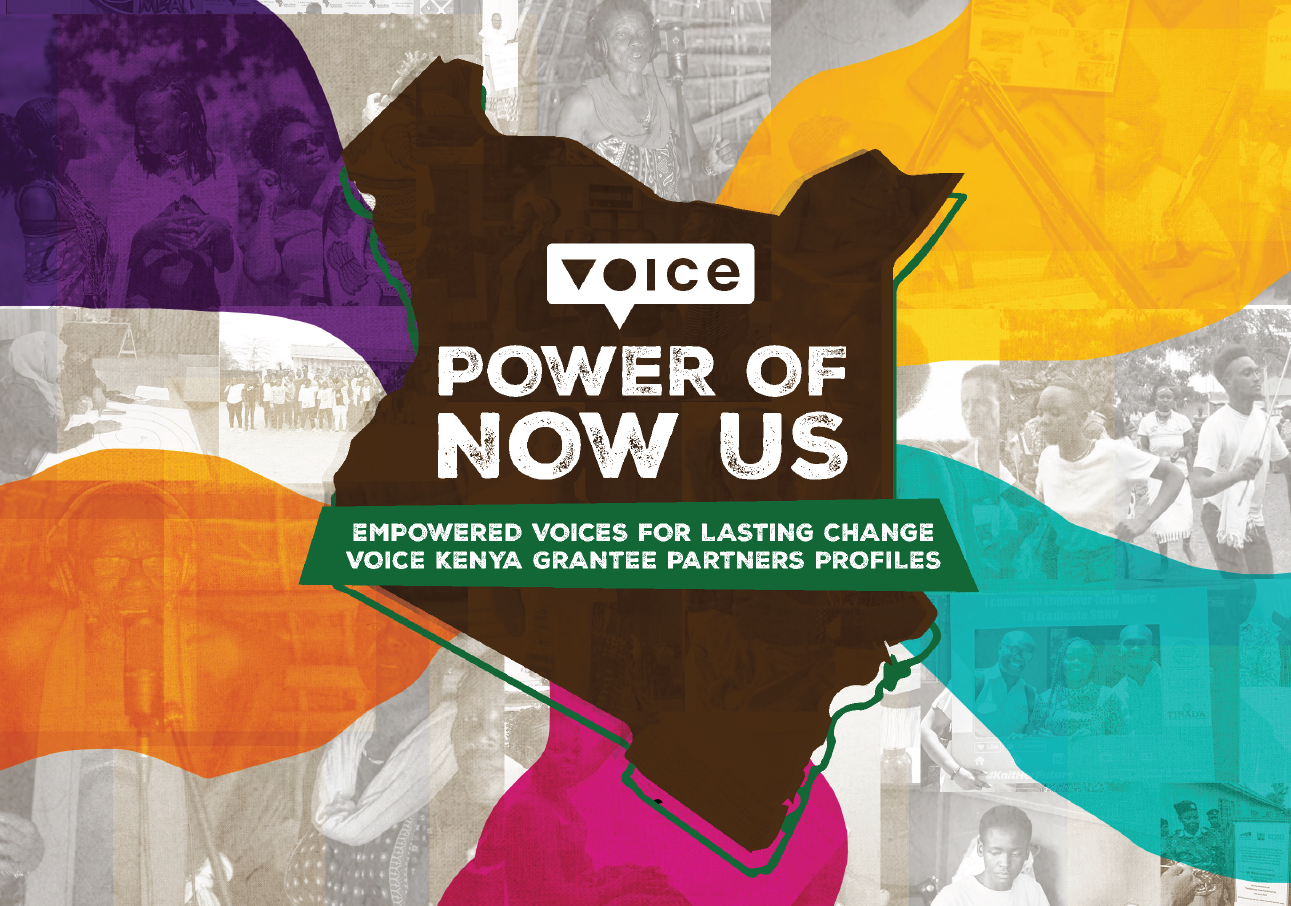The road to belonging
The learnings behind acquiring identity documents
By Yassah Musa and Maseke Mirriam Rioba from Nubian Rights Forum & Wendy Otieno, Linking, Learning and Amplifier Officer-Voice in Kenya
In some countries, having a legal document that identifies one as a citizen and enables individuals to access healthcare, freedom to travel and enroll in school is not a struggle or a long back and forth journey with government officials. In Kenya this is unfortunately not the case for 11% of the population. Almost 5 million people still face discrimination while trying to obtain legal identity documents. Certain ethnic and religious groups such as the Nubians in Kibera, Somalis in North eastern Province and the Swahili, Arabs, and Kenyans of Asian descent at the coast in Kenya (the majority of whom are Muslims) are subjected to an arbitrary vetting process and other difficulties when applying for identity cards, birth certificates, and passports.
Success
Through a Sudden Opportunity grant, Nubian Rights Forum (NRF) – also a co-partner in a previous Sudden Opportunity grant on statelessness- was able to mobilise communities to actively participate and air their concerns on the . This was done through social media campaigns, mainstream media (through press statements and interviews at local and national media houses) and engagement with lawmakers. The organisation also held a focus discussion with media personalities and editors to discuss the challenges when lacking legal identification after which NRF noticed an increase in interest on matters relating to citizenship by media houses. As a result, some people obtained their legal documents soon after their first application while for others this process is yet to be completed.
As part of this project NRF has assisted at least 500 people to get identification cards, birth certificates and passports in their quest to ensure all Nubians in Kenya are legally registered and recognised as Kenyans. The organisation in April 2021 ran a #MYIDMYRIGHT web series with an aim of sharing stories (victorious as well as failures) on obtaining legal documents . While these stories do not speak on the severity of the discrimination and risk of statelessness issues in Kenya for marginalised and minority communities, they highlight the challenges the community faces due to lack of documentation; specifically in attaining higher education, employment, relief services and government projects for youth empowerment such as the Kazi kwa Vijana initiative.
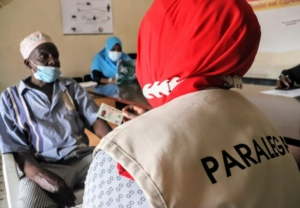
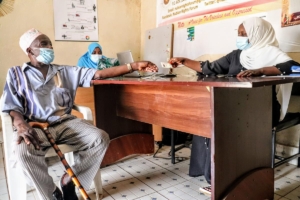
Learnings
1. Anarchy in law and order
The Huduma Bill is still to be debated in parliament and yet on the other hand, registration and issuance of Huduma cards is ongoing. This is in violation of the High court ruling, making recommendations on areas of the bill that had been challenged. When the government approached the United Nations High Commission to help in the implementation of the Huduma Bill, there was a call for recommendation and the Nubian Rights Forum team presented their comments on February 16, 2021 and are still awaiting for the details to be tabled. Additionally, while some individuals have started to receive messages to collect their cards, this is not the case to all who might have managed to sign up for the Huduma cards.
2. Flexibility is vital
Covid-19 meant that NRF could not mobilise large gatherings hence had to factor this in our work. Other external challenges such as government offices resuming operations yet the committees meant for vetting individuals (to ascertain their citizenship) remained inaccessible, citing government recommendations for minimised public gatherings derailed the work. What makes this excuse unreasonable is because other government offices were running and services going on.
3. Messaging is extremely important.
The Nubian Rights Forum wishes for a society where all citizens enjoy their rights. The organisation also believes a few changes in policies will make this possible. It is a win-win situation for the government and the community and with the right messaging; all teams can be on the same page and forge a policy/bills that do not discriminate individuals. With the right messages, NRF has been able to position itself as a champion in strengthening civic engagement.
Below are some innovative ideas the team used to continue their advocacy efforts since Covid-19 started:
- Use of virtual meetings – to continue with community forums and discussions. The community members were provided with data bundles; however, this did not solve the challenge of poor internet reception that some of them experienced.
- Paralegal outreach – The team adapted a strategy where the paralegals made home visits (as public gathering were banned) and continued to ensure community awareness and engagement was achieved. This system was efficient as it brought service to the doorsteps of individuals who had a challenge in accessing meeting points. Additionally, when gatherings were allowed, the team continued with physical meetings while respecting the number of people allowed in the rooms and practicing social distancing.
- Communications advocacy – the team used social media platforms to continue with their advocacy sessions and witnessed an increase in their reach beyond Kibera. The team received enquiries from people in Kisii for example, seeking to get registration for birth certificate and identification cards.

